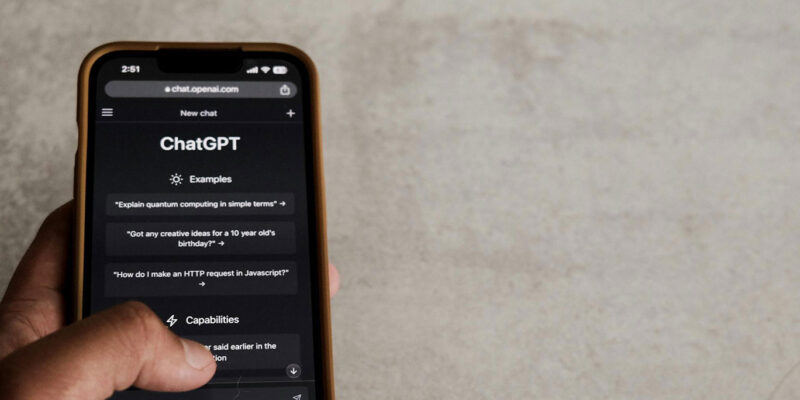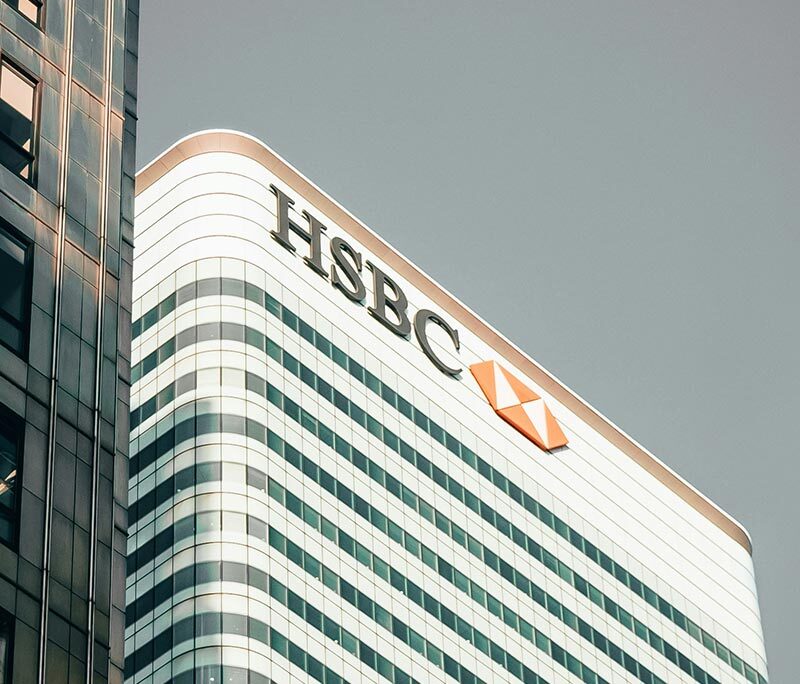Insolvency disputes can arise from the time an individual or company enters into the statutory regime of the Insolvency Act 1986 and the supplemental legislation.
Contact UsLitigation News
Litigation Case Studies
High Court Allows BBS Client’s Claim Against HSBC to Proceed
High Court rules BBS’s client’s claim against HSBC should continue as an application for Summary Judgment and Strike Out by HSBC fails. David Bondt led the litigation team at BBS Law, who acted for the successful claimant in the recent…











